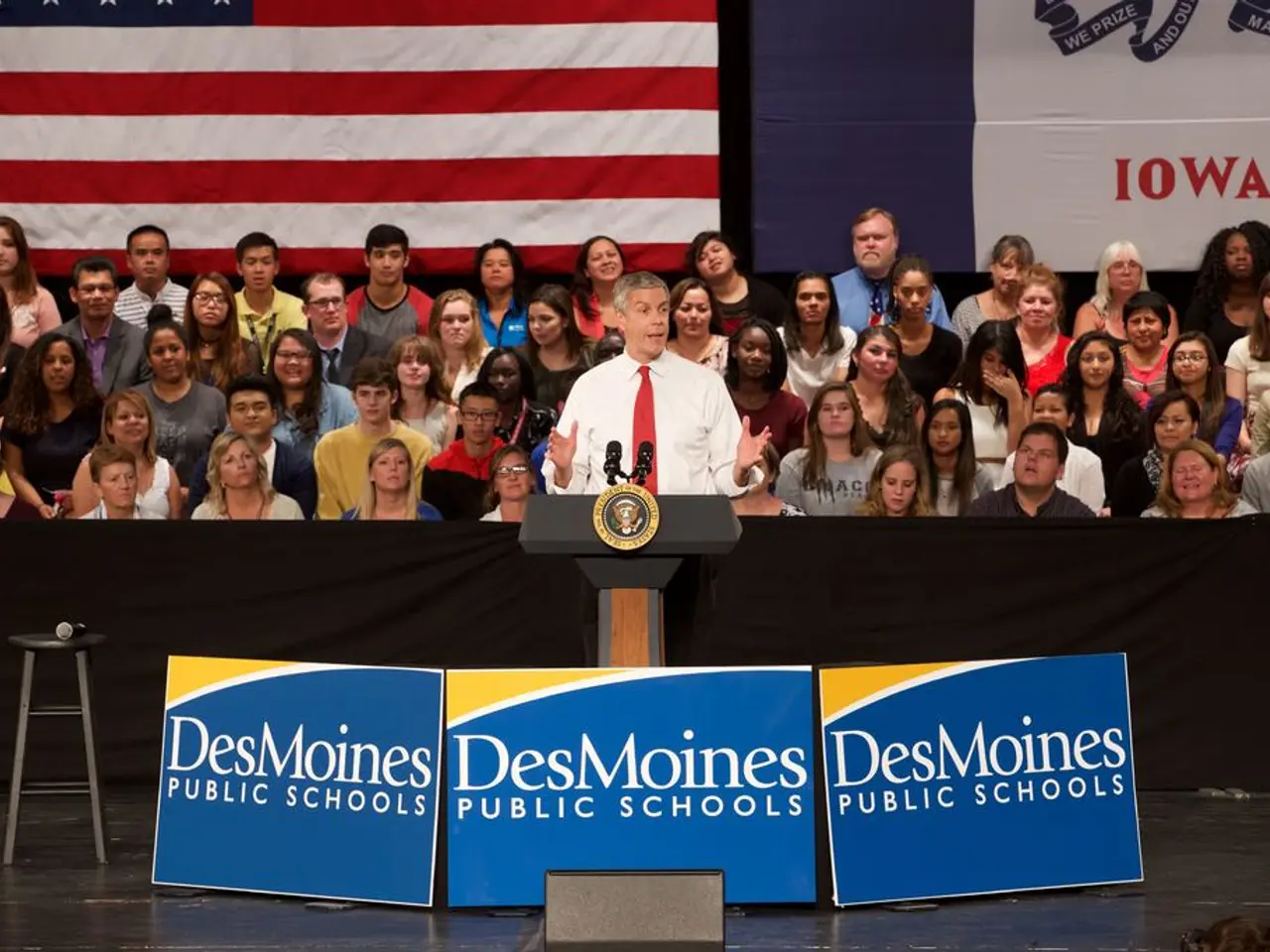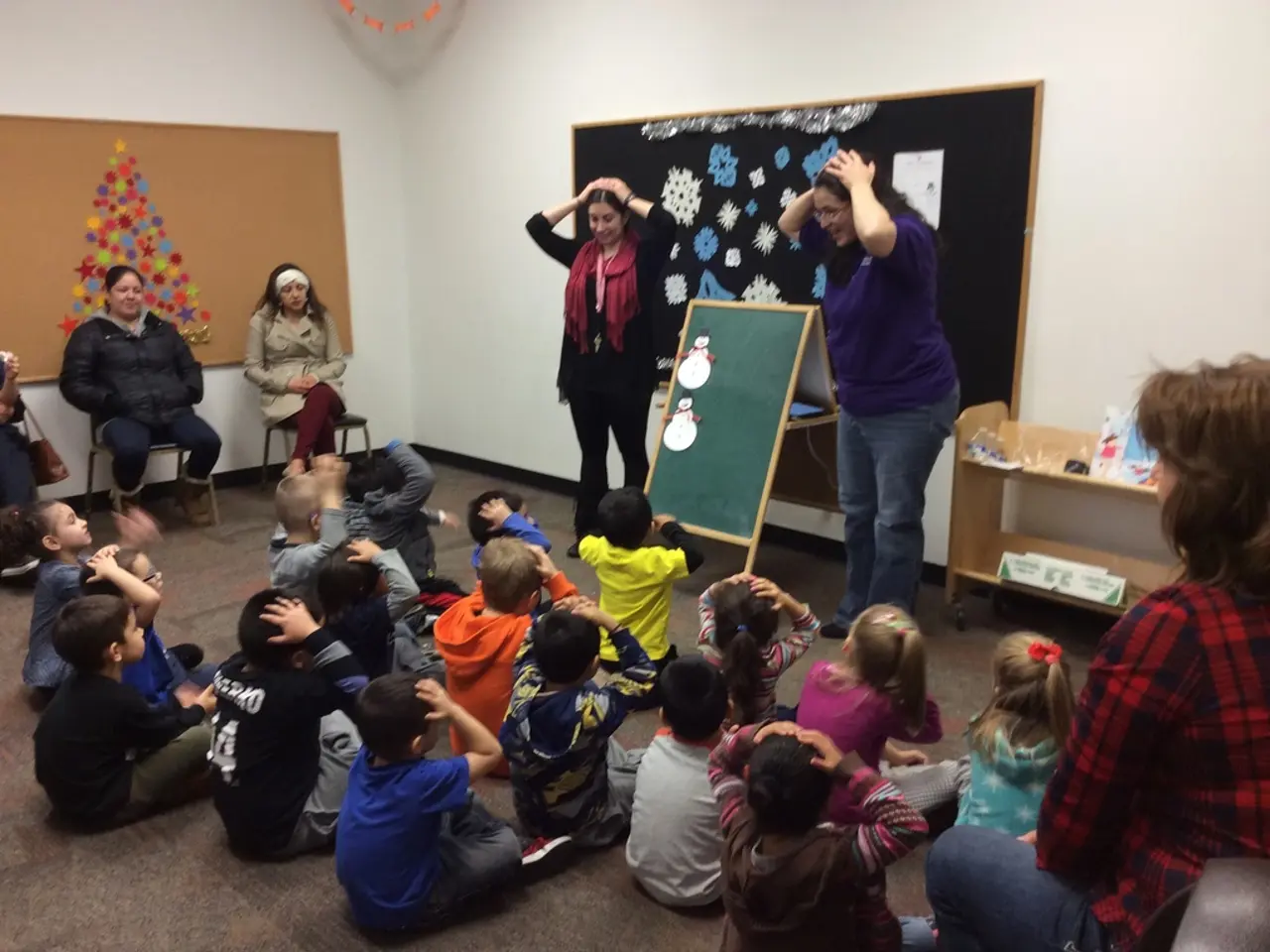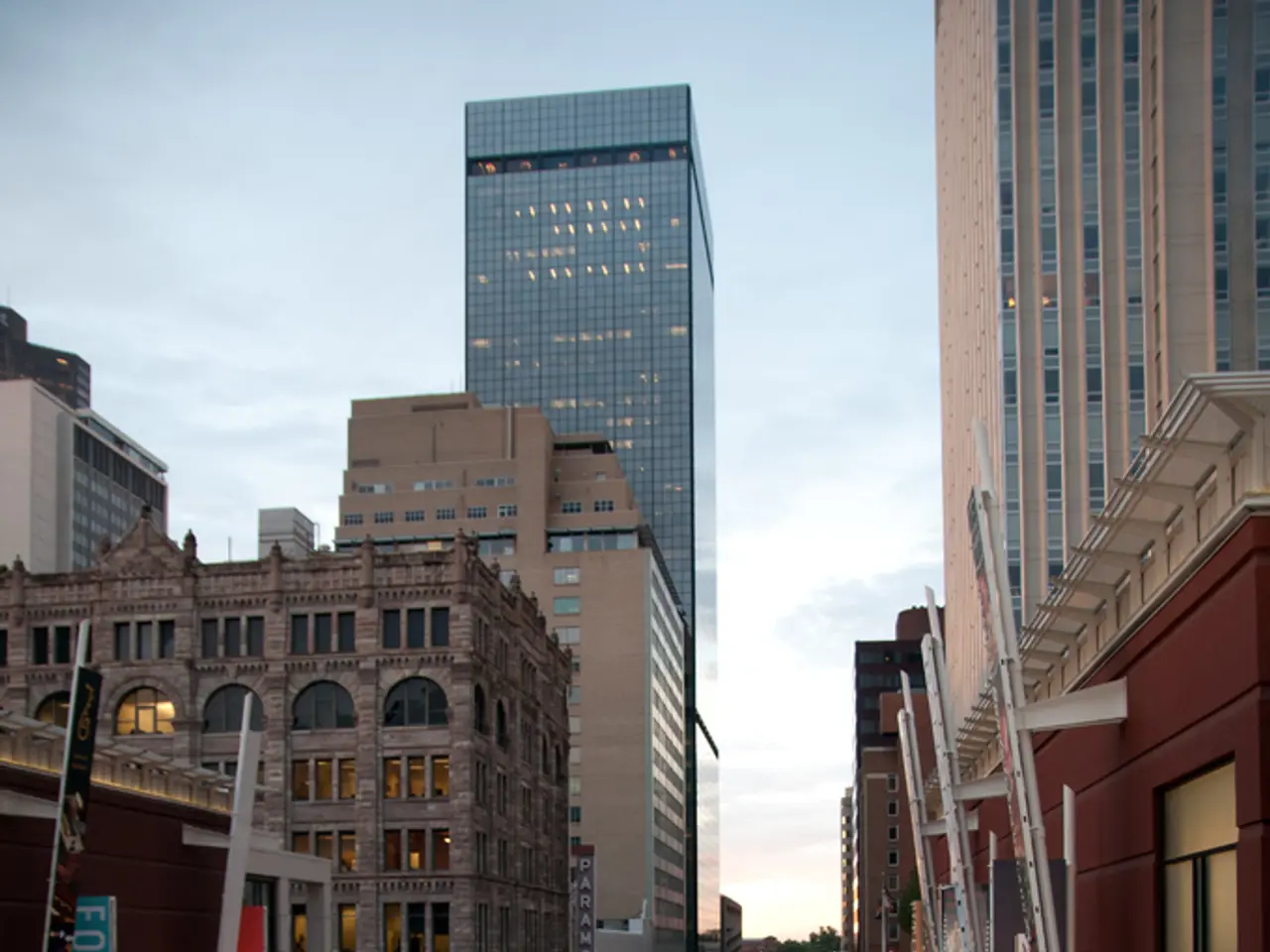Analyzing the Declarations Made by Multiple Mass Shooters
In the aftermath of recent mass shootings, a troubling trend has emerged: the use of manifestos by shooters to justify their actions and seek notoriety. These documents, often filled with racist language and extreme ideologies, have become a worrying aspect of societal discourse, reflecting and shaping the cultural conflicts surrounding identity, race, and power.
Patrick Blanchfield, a researcher at the Brooklyn Institute for Social Research, has been delving into this issue, highlighting the significant overlap between the language used in mass shooter manifestos and that employed by political leaders and major newspapers. This overlap raises concerns about the normalization of toxic expressions of American identity, a problem that Blanchfield considers to be a significant issue.
The alleged manifesto of the El Paso shooter, for example, clearly targeted Latinx people, mirroring the racist language and ideologies found in some political discourse. The man responsible for this horrific act posted his manifesto online, seeking ephemeral notoriety and longer-term memorialization on the Internet.
Similarly, the gunman in the Gilroy Garlic Festival shooting explored violent ideologies but left no manifesto. However, the FBI has opened a domestic terrorist investigation, suggesting a connection between the shooting and extremist ideologies. Mass shooters often leave manifestos, containing tropes involving ethnic replacement, fixation on birth rates, and a fixation on invaders coming through the southern border.
Blanchfield argues that until we address the systematic interface between political rhetoric and mass shooter manifestos, we will continue to develop gestures of deferral and disavowal. By acknowledging and addressing this connection, we can begin to understand the culture that breeds individuals who carry out such acts and work towards preventing further violence.
Unfortunately, the fear of seeking medical care due to undocumented status has been reported in the wake of the El Paso shooting. This underscores the urgent need for societal change, not just in addressing the language used in mass shooter manifestos but also in creating a safer and more inclusive environment for all.
Blanchfield's discussion emphasizes the need to address the culture that breeds mass shootings and the language used in their manifestos. Until we tackle these issues head-on, the cycle of violence and radicalization will continue, with manifestos serving as reference points within extremist communities and contributing to the normalization of certain extremist viewpoints within public discourse.
- The overlap between the language used in mass shooter manifestos and political discourse, as highlighted by researcher Patrick Blanchfield, raises questions about the normalization of extreme ideologies in general-news and politics.
- In light of the El Paso shooting where the alleged manifesto targeted Latinx people, mirroring rhetoric often found in certain political circles, it becomes crucial to tackle the entwined issues of politics, crime-and-justice, and the culture that fosters extremist viewpoints to prevent further acts of violence.







